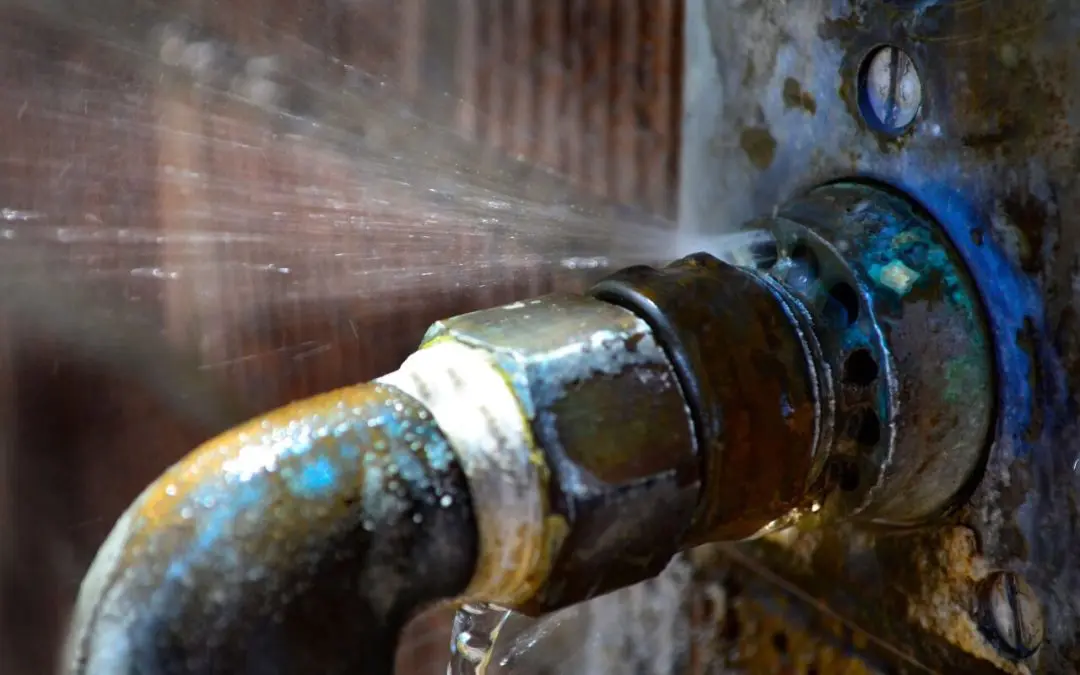Older homes have a charm that’s hard to replicate—detailed woodwork, vintage fixtures, and a sense of character that only time can create. But with that charm often comes a list of common issues that can impact comfort, safety, and long-term value. Whether you’re considering buying an older home or have lived in one for years, understanding key concerns with older homes can help you make informed decisions and avoid expensive surprises.
Structural Issues and Older Home Concerns That Can’t Be Ignored
One of the most important concerns about older homes is the condition of the foundation and structure. Over time, homes settle, and sometimes, that settling can lead to cracks, uneven flooring, or sloping walls. If you’re buying a home, a home inspection is a must to uncover these problems. If you already own an older home, look for signs of structural movement and consult a professional if anything seems off. Early intervention will prevent further damage.
Hidden Older Home Concerns That May Affect Safety
Outdated wiring, limited outlet placement, and overloaded panels are frequent problems of older homes. These aren’t just inconveniences; they pose serious fire hazards. It’s important to know when the electrical system was last updated. Homeowners should consider having an electrician upgrade wiring and panels to ensure safety and accommodate today’s technology-heavy lifestyles.
Plumbing That’s Past Its Prime
Galvanized steel or cast iron plumbing was common in older homes, but these materials may corrode or clog over time. Pipe leaks, low water pressure, and water discoloration may be signs of aging plumbing. Buyers should ask about the age of the plumbing and have it inspected. Homeowners can benefit from updating to copper or PEX piping, which are more reliable and easier to maintain.
Inefficient Insulation and Ventilation
A comfortable home depends on good insulation and ventilation. Poor attic insulation, drafty windows, and insufficient ventilation often lead to higher energy bills and moisture problems. Pay attention to heating and cooling efficiency, consider upgrades like weatherstripping, attic insulation, or even energy-efficient windows to keep your home comfortable year-round.
Lead Paint and Asbestos Risks
Homes built before the 1980s may contain hazardous materials like lead paint or asbestos. These substances aren’t always dangerous if undisturbed, but renovation projects or deterioration can release harmful particles. Buyers should ask if testing has been done and consider having it performed before purchasing. Homeowners planning renovations should always work with certified professionals to ensure safe removal.
Older Home Concerns: Aging Roofs and Exterior
Worn shingles, water stains in the attic, or visible sagging are warning signs of bigger issues. Siding, paint, and masonry may also need attention. Whether you’re inspecting a potential purchase or maintaining your own home, keeping the exterior in top shape protects the entire structure.
Heating and Cooling Systems That Need Modernizing
Older homes’ furnaces, boilers, and AC units are often inefficient or outdated. They may also rely on systems no longer considered safe or effective. Buyers should ask about the age and maintenance history of HVAC systems. Homeowners might consider upgrading to more efficient models that improve comfort and reduce energy costs.
Owning or buying an older home requires a balance of appreciation and preparedness. By understanding and addressing these common older home concerns, homebuyers can enter into ownership with clear expectations, and homeowners can extend the life of their property while increasing comfort and value.
FAQ: Older Home Concerns
Are older homes more expensive to maintain?
They can be. Older homes often require more frequent maintenance and updates, especially if previous owners haven’t kept up with repairs. However, many concerns can be addressed with proactive planning and a good maintenance schedule.
Is it safe to live in a home with lead paint or asbestos?
Yes, if those materials are undisturbed and in good condition. The real concern arises during renovations or deterioration. Professional testing and abatement will safely reduce or eliminate the risks.
How do I know if my electrical system is outdated?
Signs include knob-and-tube wiring, a lack of grounded outlets, frequent breaker trips, or a fuse box instead of a modern breaker panel. An electrician or home inspector can help assess the system’s condition.
Can I update an old home while keeping its charm?
Absolutely. Many homeowners strike a balance between preserving architectural features and updating systems like electrical, HVAC, and plumbing.
Should I still buy an older home if it has these issues?
Not all concerns are dealbreakers. A thorough inspection and a realistic understanding of the work required can help you make a confident decision. For many, the beauty and history of an older home are well worth the investment.
Blackbird Home Inspections provides home inspection services in Central Arkansas. Contact us to schedule an appointment.

